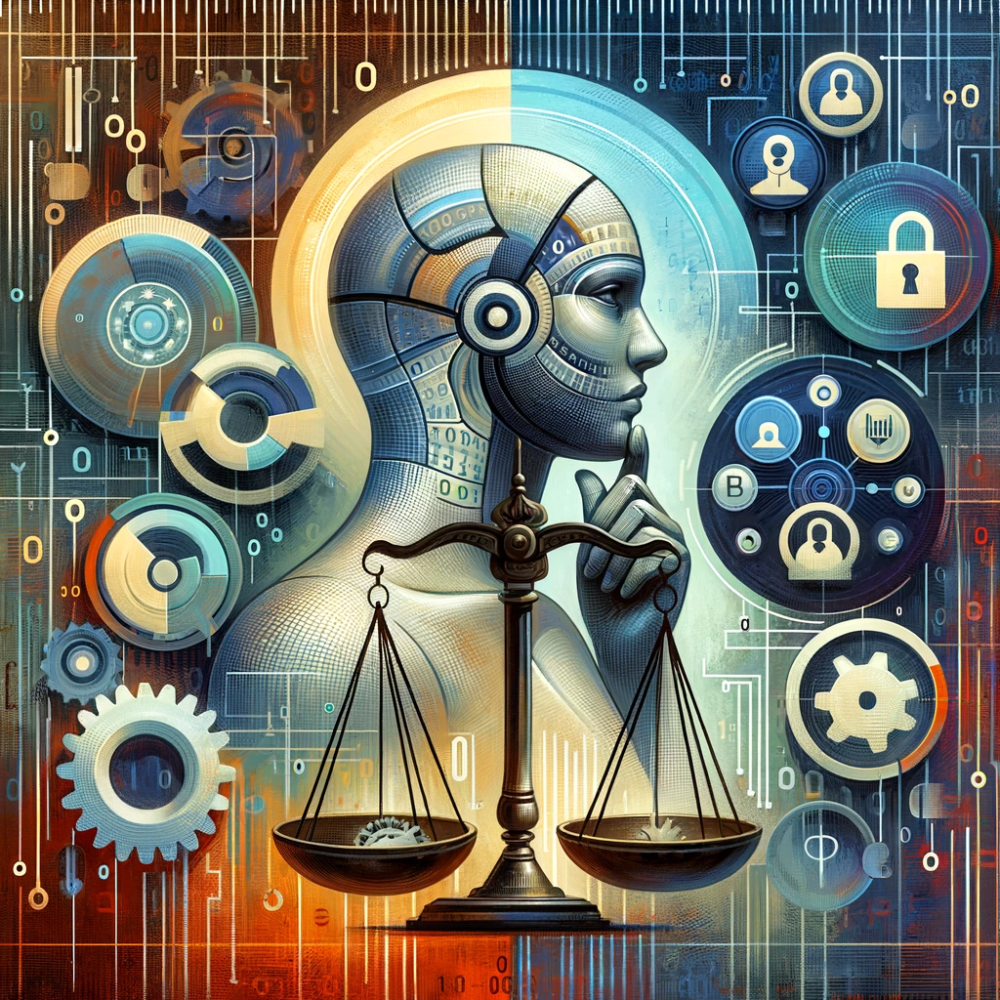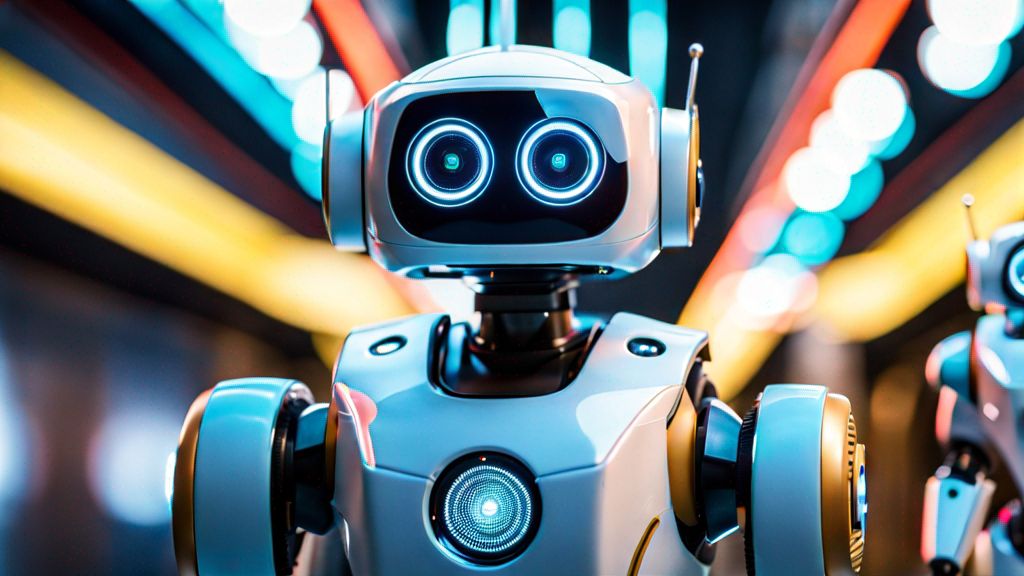As an AI and ethics enthusiast, I’ve closely followed and engaged in the evolving discourse around the ethical implications of artificial intelligence. My journey in this field, marked by both fascination and caution, has offered me unique perspectives on how AI is reshaping our ethical landscape. In this article, I aim to share these insights, grounding the discussion in real-world experiences and observations.
Introduction to AI Ethics
The intersection of AI and ethics is where technology meets humanity. My interest in this area was sparked by witnessing firsthand how AI systems, developed for efficiency, sometimes overlooked the human element. This realization underscored the importance of ethical considerations in AI development.
Key Ethical Issues in AI
- Bias and Discrimination: In my experience, AI’s propensity to replicate existing biases is one of its most troubling aspects. I’ve seen how AI systems, even those designed with the best intentions, can inadvertently perpetuate societal biases, underscoring the need for diverse training data and continuous monitoring.
- Privacy: My interactions with AI-driven platforms have heightened my awareness of privacy concerns. The balance between leveraging data for AI and respecting individual privacy rights is a tightrope I’ve observed many companies struggle to walk.
- Accountability and Transparency: I’ve encountered scenarios where the ‘black box’ nature of AI algorithms made it difficult to discern how decisions were made. This lack of transparency and accountability is a major hurdle in building trust in AI systems.
- Job Displacement: Personally, witnessing the impact of AI on the job market has been eye-opening. I’ve seen how automation can enhance efficiency but also how it can create economic and social challenges, calling for a careful approach to workforce transition.
- Security Risks: In my own use of AI technologies, security has always been a paramount concern. The vulnerability of AI systems to breaches can have far-reaching consequences, as I’ve seen in various cybersecurity discussions and incidents.
- Humanity and AI Relationships: My fascination with AI extends to its impact on human behavior and relationships. I’ve observed how AI, while making life easier, also raises questions about dependency, social interaction, and our very nature as humans.
Ethical AI Frameworks
Through my involvement in AI projects, I’ve learned the importance of ethical frameworks. These guiding principles are essential for responsible AI development, as they ensure a focus on human welfare and rights.
Case Studies: Ethical Dilemmas in AI
Facial Recognition Technology
My experience with facial recognition technology, both as a user and an observer, has highlighted its ethical complexities. The balance between security and privacy, along with accuracy issues, presents a significant ethical challenge.
Autonomous Vehicles
The debate around autonomous vehicles often reminds me of ethical discussions I’ve participated in. The dilemmas these vehicles present in emergency situations are a classic example of the difficult ethical decisions AI must navigate.
AI in Healthcare
My interactions with AI in healthcare have been eye-opening. While the potential for improved patient care is immense, concerns about data privacy and the reliability of AI diagnoses are issues I’ve encountered in discussions with healthcare professionals.
The Role of Regulation and Policy in AI Ethics
From my perspective, the development of regulations and policies is critical in shaping ethical AI. These measures must be adaptable and informed by a range of stakeholders, a point I’ve often emphasized in discussions with policymakers and technologists.
Conclusion: The Way Forward
My journey through the world of AI ethics has taught me the importance of ongoing dialogue and collaboration. Addressing ethical challenges in AI is not a one-time effort but a continuous process that evolves with the technology. By staying committed to ethical principles and inclusive practices, we can ensure that AI serves humanity in a responsible and beneficial manner.




